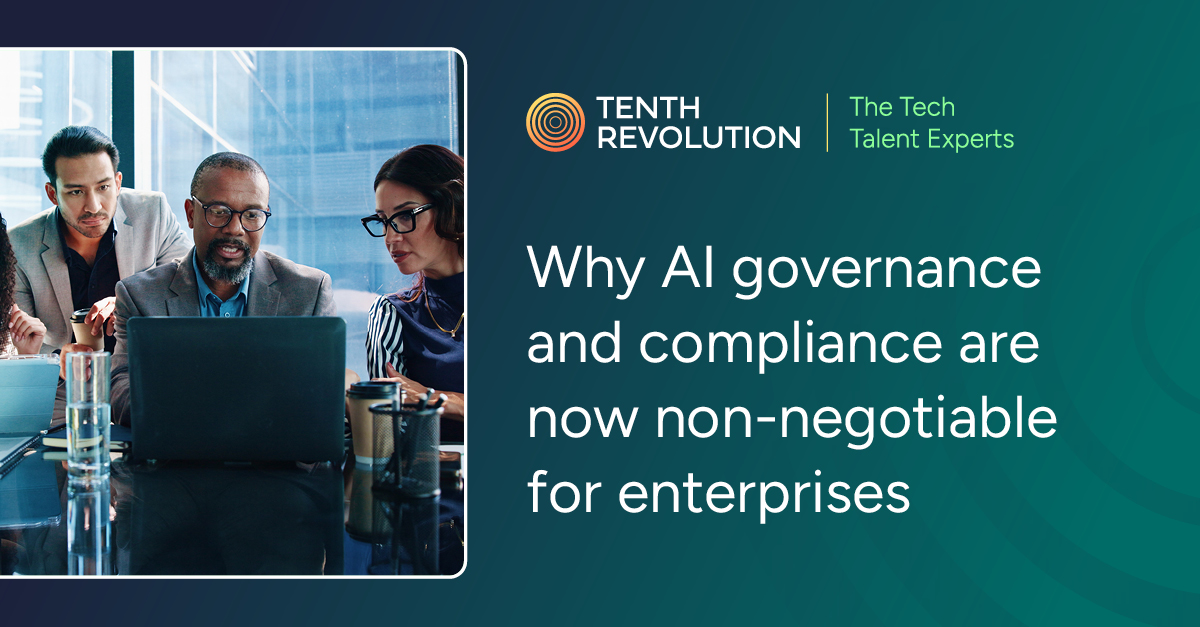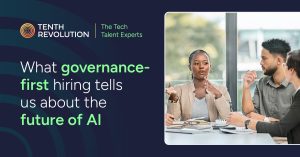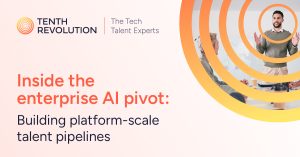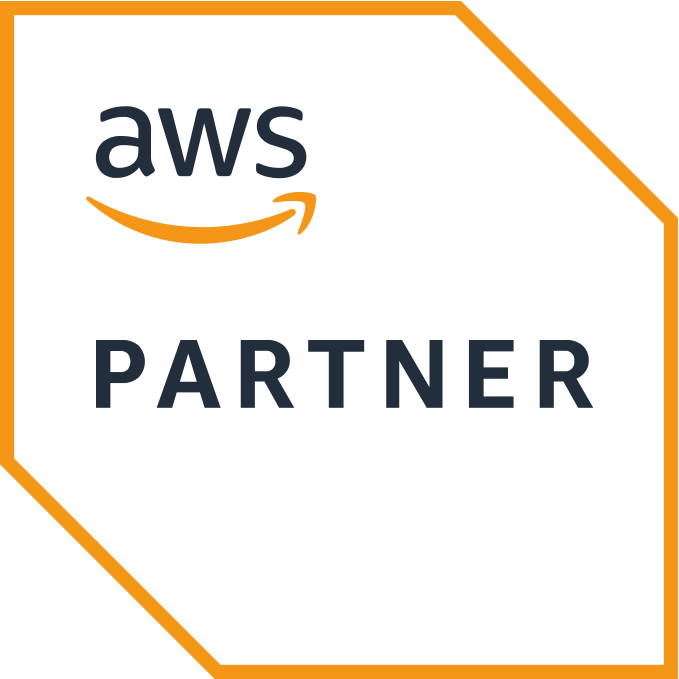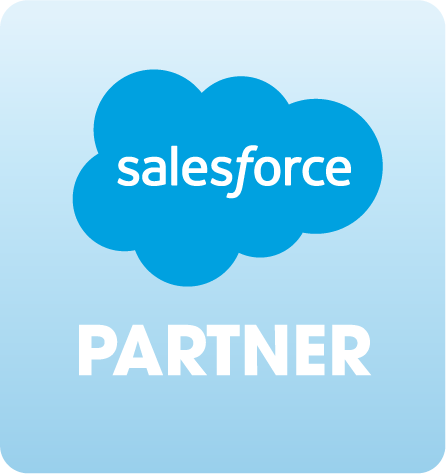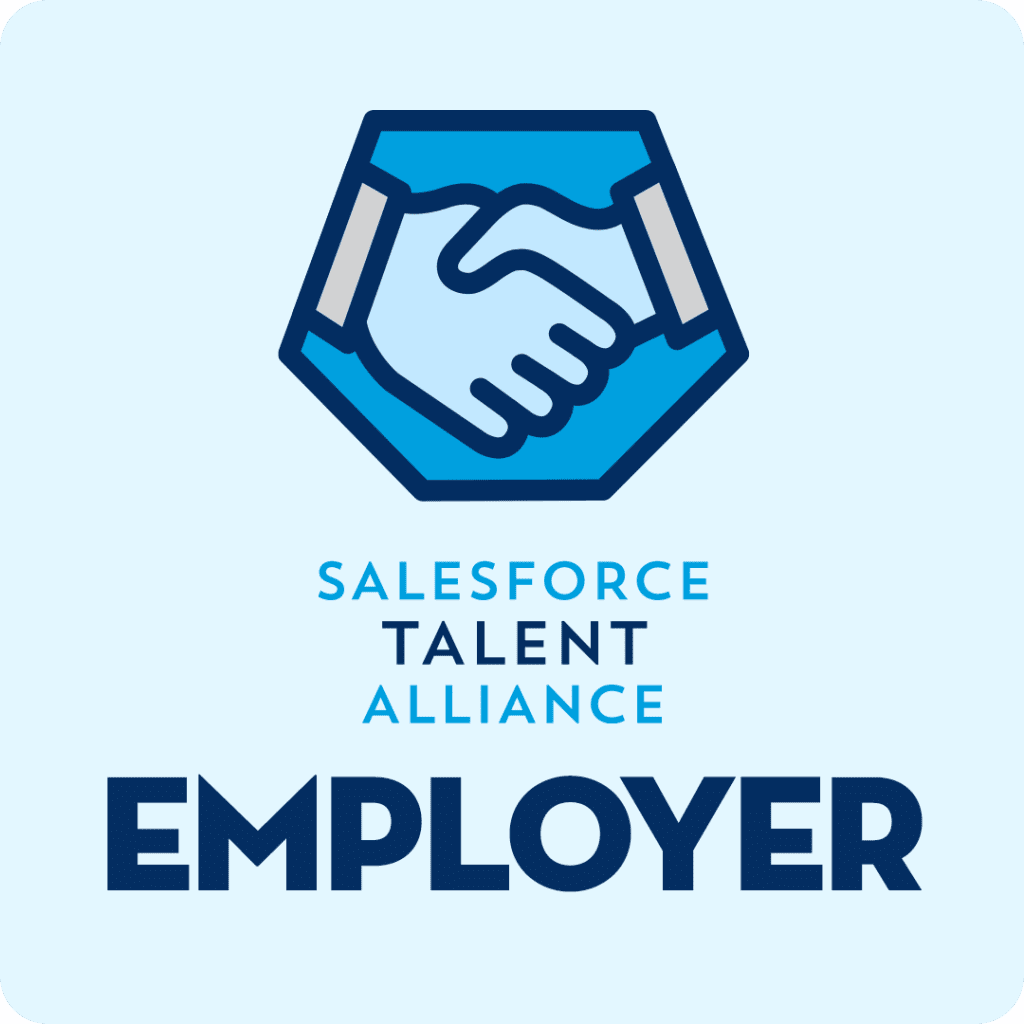As AI becomes central to business operations, governance and compliance have moved from theoretical concerns to absolute essentials.
The conversation around Artificial Intelligence has evolved. Not long ago, many organizations focused mainly on speed, how quickly they could deploy new tools to improve efficiency or uncover insights. Today, the conversation has shifted toward responsibility. Innovation remains important, but oversight now determines whether AI becomes a sustainable advantage or a potential risk.
Across industries, businesses are formalizing how they manage model risk, data privacy, and AI safety. This shift toward regulated and accountable AI is reshaping both technology strategy and organizational culture.
The rise of enterprise AI governance
As regulatory frameworks mature, AI governance is becoming a standard business function. The EU AI Act, new U.S. executive orders, and international ISO standards are driving this change, encouraging enterprises to implement policies that manage AI systems through every stage of their lifecycle—from data sourcing and model training to deployment and continuous monitoring.
A mature AI governance program includes:
- Clear documentation of training, validation, and deployment practices.
- Defined ownership and accountability for each model.
- Continuous monitoring for accuracy, fairness, and bias.
- Transparent escalation processes for compliance issues.
Many organizations are now building Model Risk Management (MRM) programs similar to those used in the financial sector. Each model is treated as a managed asset with its own documentation, testing procedures, and review cycles. This ensures not only strong performance but also legal and ethical compliance.
Security, privacy, and the expanded perimeter
AI systems have introduced a new kind of security challenge. Sensitive data can move through unfamiliar paths, including prompts, training sets, embeddings, and third-party services. Even one unmonitored model or misconfigured integration can expose confidential information.
Modern AI risk management now includes:
- Controlled access to training and inference data.
- Ongoing monitoring to detect bias, drift, or data leakage.
- Secure integration between internal systems and external AI services.
- Specialized incident response for AI-related threats such as data poisoning or prompt injection.
The new security perimeter includes every system where data is processed, transformed, or inferred. Protecting this environment requires both technical skill and strong governance frameworks.
AI readiness depends as much on organizational culture as on technical architecture. Tenth Revolution Group helps enterprises hire professionals who can embed governance, privacy, and compliance into every layer of your technology ecosystem.
Compliance as a catalyst for confidence
Compliance has become a foundation for innovation. Enterprises are beginning to view governance not as a restriction, but as a way to create trust, stability, and long-term value.
Successful organizations are taking proactive steps to formalize their approach:
- Centralized oversight. Dedicated AI governance boards or Chief AI Ethics Officers provide a single point of accountability.
- Transparent documentation. Each model is tracked with a record of purpose, data lineage, and performance outcomes.
- Integrated governance. Compliance requirements are built directly into MLOps and GenAIOps workflows.
- Enterprise-wide education. Business and technical teams are trained to understand their role in responsible AI use.
This model brings order and clarity to what was once an experimental space. It creates confidence for leaders, regulators, and customers alike.
Building trust through transparency
Trust remains the foundation of effective AI deployment. When organizations can demonstrate responsible data practices and model transparency, they gain confidence from every stakeholder. A clear governance framework also reduces internal uncertainty, enabling faster and more confident innovation.
Enterprises that prioritize transparency are better positioned to scale. With clear processes in place, they can move quickly without sacrificing control.
Finding the right people is central to that success. Tenth Revolution Group connects organizations with experts who combine technical capability with compliance awareness, helping you build AI programs that are secure, ethical, and enterprise-ready.
The new enterprise imperative
AI governance, security, and compliance are now core business priorities. They protect reputation, build trust, and ensure that innovation aligns with both regulation and responsibility. The organizations that act early will lead with confidence as new standards emerge across the industry.

